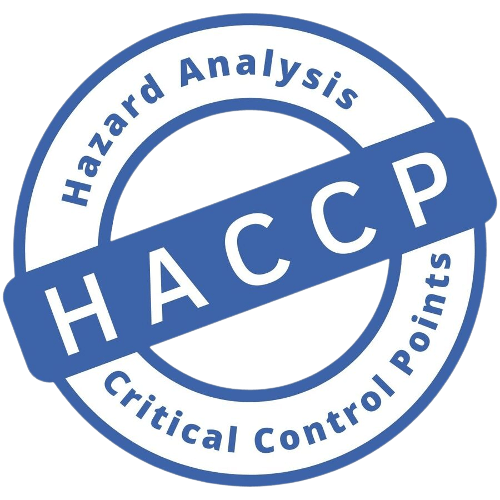
This statement, pronounced in the mid-1800s by the German philosopher Feuerbach, is now generally accepted. In fact, recent studies prove that nutrition is an important element for our health.
That is true about the foods we choose to consume, among which fruit and vegetables should never be missing; but the quality, hygiene and processing of the foods, are also very important. In fact, poorly stored food or food processed in poor hygienic conditions, can cause the dangerous bacteria and make the food unsafe or unfit to eat.
If you run a food business, how can you ensure food safety at all times of its processing?
The HACCP (Hazard Analysis and Critical Control Points) plan is a set of procedures designed to ensure the safety and hygiene of food. Originally designed in the 60s in the USA to provide the best possible food to astronauts, HACCP was applied in Europe only in 1993, with Directive 43/93 / EEC, subsequently replaced by EC Regulation 178/2002 and EC Regulation 852/2004.
Its goal is to prevent any type of chemical, physical or microbiological contamination, that a food may undergo from the production process to its distribution. To do this, HACCP is based on systematic monitoring of the points where food is processed, to identify any hazards of contamination and develop effective procedures for their control.
The 7 keys points of the HACCP program are:

All those who are part of the production process of food such as its production, processing, transport, and sale, are required to apply the HACCP procedure. This is a legal requirement enforced by legislation including the Food Safety and Hygiene (England) Regulations 2013 and the Food Hygiene (Scotland) Regulations 2006. For example, pubs, tea rooms, restaurants, bakeries, supermarkets, and any food business, must have a plan based on the HACCP principles.

Each Nation establishes the modalities of the courses and the duration of the certificates.
In general, to obtain the HACCP certificate, it is necessary to attend a special training course on HACCP and food hygiene.
Courses can normally be attended in two ways:
Yes! Scales used in the food industry, as well as kitchen utensils, and food processing machines, must meet stringent hygiene and safety requirements.
The materials and objects in contact with food are governed by national and European provisions such as the CE 1935/2004 standard which establishes the general requirements of all materials that come into contact with food.
In addition, the NSF (National Sanitation Foundation), the independent international organization that deals with developing quality standards to protect health and the environment, has promoted the HCV (HACCP Compliance Verification) program with the specific purpose of verifying the quality and hygiene of equipment used in the food sector. The program is based on the EC regulation 1935/2004 (materials in contact with food) and EN 1672-2 (hygienic design).
If you have a food business, adhering to HACCP standards is very important. This will allow you to be in line with current regulations and, more importantly, will allow you to offer your customers the best food.
As a leader in the production of weighing systems, at Wunder, we have developed a line of specific scales for the food sector to help you and your food business.

CONTACT US to find out more or to get information about our devices.
FOLLOW US on our social media
Discover the Wunder world, join us!
WUNDER
Inspired by precision.